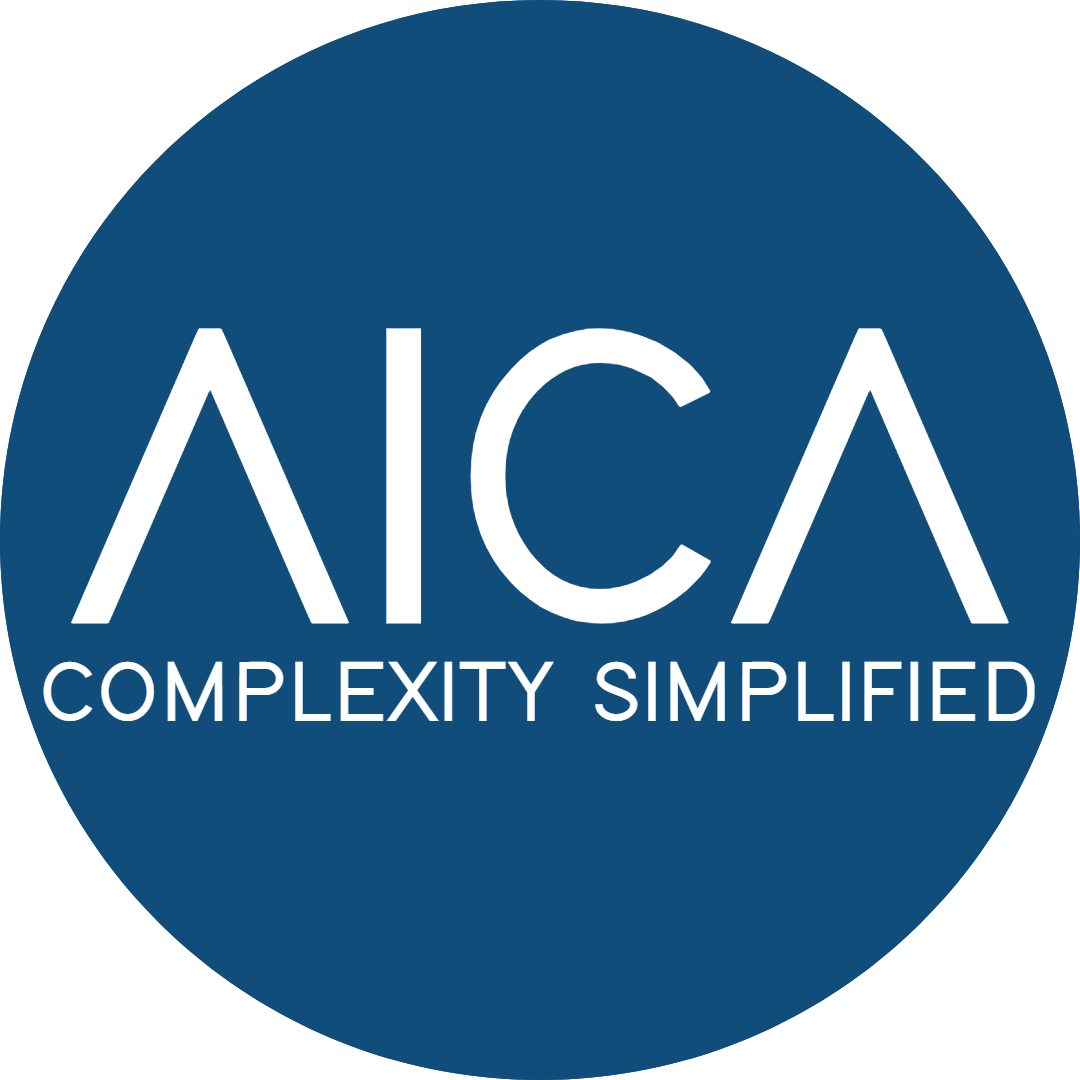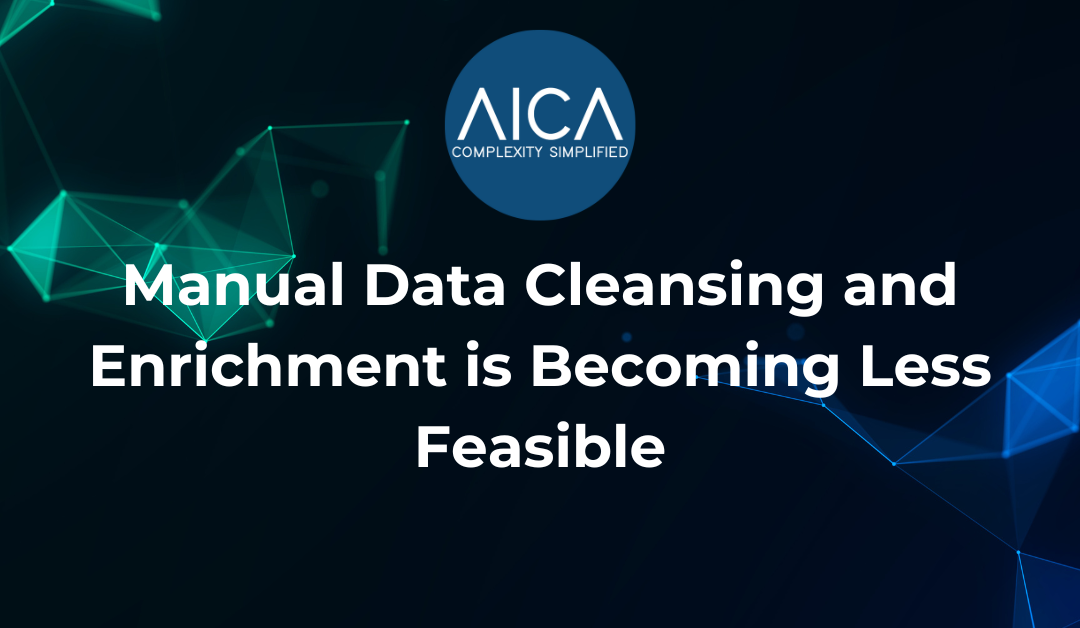Every organisation runs on product and service data. For years, the default approach to managing this information has been manual cleansing and enrichment; armies of people reviewing line items, correcting errors, filling in missing attributes, and assigning categories one by one.
But today’s enterprise environment is different. With data volumes growing exponentially and demands on procurement, compliance, and supply chain systems rising, this manual-first approach is much less sustainable.
The Limits of Manual Cleansing
Manual data cleansing and enrichment face multiple challenges:
- Scale: Enterprises now manage millions of SKUs and service records across global supply chains. No manual team can keep up at this volume.
- Cost: Manual cleansing is resource-heavy. Large projects often run into millions of dollars without delivering sustainable results.
- Inconsistency: Different people interpret descriptions differently. What one person records as “ball valve, stainless”, another may enter as “SS valve 2in.”
- Time: ERP, PIM, or MDM implementations are often delayed months or even years while teams manually cleanse records.
- Data Decay: Even after a cleansing project, new dirty data enters daily. Without continuous enrichment, the cycle starts again.
The result? Businesses waste time and money on projects that don’t scale and don’t last.
Why Automation is Essential
Automated approaches, powered by AI and machine learning, are now the only way to manage product and service data at scale. These tools process millions of records in weeks rather than years, identify duplicates instantly, and fill in missing attributes by referencing global taxonomies like UNSPSC, GS1 GPC, eCl@ss, and ETIM.
Automation also introduces confidence scoring, allowing organisations to measure how reliable each classification is. This means procurement and data teams no longer have to accept results blindly; they can focus manual review only where it’s truly needed.
The Role of Manual QA/QC
It’s important to note: automation does not remove humans from the process. Manual QA/QC remains essential.
AI delivers speed, scale, and accuracy, but subject matter experts provide the oversight needed for high-stakes data. Human review validates low-confidence records, captures unique organisational context, and ensures that data is not just “clean,” but also trusted.
The future of data cleansing is not about eliminating manual work; it’s about focusing it where it adds the most value.
How AICA Makes It Possible
We’ve built an Agentic AI platform designed specifically for product and service data cleansing, enrichment, and classification. Unlike generic AI, our models are trained on MRO and industrial datasets, delivering over 90% accuracy out of the box.
But many organisations are asking themselves: with millions of records spread across ERP, PIM, and procurement systems, how can data realistically be kept clean without relying on slow, manual processes?
Our approach provides the answer by combining:
- Automation at scale – Millions of records processed in weeks, not months.
- Domain-specific training – MRO-trained models that handle spare parts, technical attributes, and supplier nuances.
- Confidence scoring – Transparent accuracy measures for every classification, giving teams clarity on what can be trusted automatically and what needs review.
- Human oversight – Subject matter experts validate results where it matters most, ensuring accuracy and context are never lost.
This balance delivers cleaner, more consistent, and more sustainable datasets at a fraction of the time and cost of manual-only methods.
Conclusion
Manual-only data cleansing and enrichment are becoming much less feasible in the modern enterprise. It’s too slow, too costly, and too inconsistent to keep pace with today’s demands.
However, manual QA/QC remains a critical part of the process. By combining AI-driven automation with expert oversight, organisations can achieve both scale and trust in their data.
Clean, enriched data doesn’t just save time and money; it powers procurement, compliance, and digital transformation across the enterprise.
Visit our website to learn how AICA combines automation and expert validation to deliver reliable, high-quality data at scale.
Copyright Reserved © AICA Data International Ltd 2025

